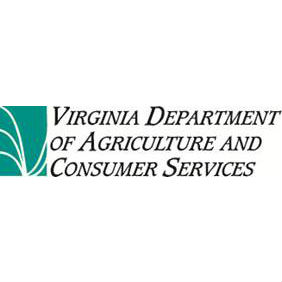
The 2015 Certified Organic Production Report is based on a NASS survey that queried all known USDA-certified organic farms in Virginia earlier this year.
“The number of USDA-certified organic farms and the value of sales have more than doubled since the last time only certified farms were surveyed in 2011,” said Herman Ellison, Virginia state statistician for NASS. “Consumer demand for organic products has been beneficial for Virginia farmers.”
In 2015 Virginia’s USDA-certified organic farms sold $49.1 million in organically produced commodities, including $27.8 million in crop sales and $18.3 million in livestock, poultry and related animal products.
Tobacco sales totaled $18.7 million, or 38 percent of all organic sales. Broilers and milk followed with $9.5 million and $7.2 million, respectively. Vegetables and other crops rounded out the top five. Average sales were $353,209 per farm.
“Consumers are most familiar with organic food products, but in the commonwealth tobacco generates the most value,” Ellison said. “Poultry, milk and vegetable products are also very valuable for farmers.”
Tony Banks, assistant director of commodity marketing for Virginia Farm Bureau Federation, said the state’s tobacco industry “is experiencing increased demand, both here and overseas, for organically grown leaf tobacco. A number of Virginia growers are responding to this new demand and find that the crop presents some challenges.
“There’s a learning curve, but it’s still tobacco.”
Virginia had 139 certified organic farms last year. Thirty-five percent of the farms sold at least some products directly to consumers, 14 percent sold to retail or food service businesses and 73 percent used wholesale markets. Thirteen farms sold products through community-supported agriculture operations.
Of the 139 operators, 31 percent had been farming less than 10 years, and 42 percent had raised certified organic products less than five years. Seventy-three percent had plans to increase production during the next five years.










